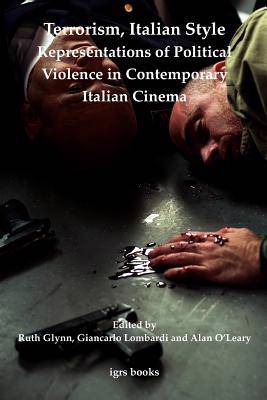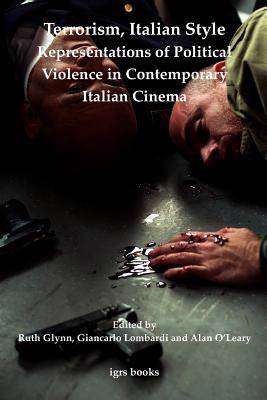
- Retrait gratuit dans votre magasin Club
- 7.000.000 titres dans notre catalogue
- Payer en toute sécurité
- Toujours un magasin près de chez vous
- Retrait gratuit dans votre magasin Club
- 7.000.0000 titres dans notre catalogue
- Payer en toute sécurité
- Toujours un magasin près de chez vous
Terrorism, Italian Style
Description
The legacy of Italy's experience of political violence and terrorism in the anni di piombo ('years of lead', c. 1969-83) continues to exercise the Italian imagination to an extraordinary degree. Cinema has played a particularly prominent role in articulating the ongoing impact of the anni di piombo and in defining the ways in which Italians remember and work through the atrocities and traumas of those years. Terrorism, Italian Style brings together some of the most important scholars contributing to the study of cinematic representations of the anni di piombo. Drawing on a comparative approach and a broad range of critical perspectives (including genre theory, family and gender issues, trauma theory and ethics), the book addresses an extensive range of films produced between the 1970s and the present and articulates their significance and relevance to contemporary Italian society and culture.
Spécifications
Parties prenantes
- Editeur:
Contenu
- Nombre de pages :
- 246
- Langue:
- Anglais
- Collection :
Caractéristiques
- EAN:
- 9780854572281
- Date de parution :
- 07-06-12
- Format:
- Livre broché
- Format numérique:
- Trade paperback (VS)
- Dimensions :
- 152 mm x 229 mm
- Poids :
- 335 g

Les avis
Nous publions uniquement les avis qui respectent les conditions requises. Consultez nos conditions pour les avis.





